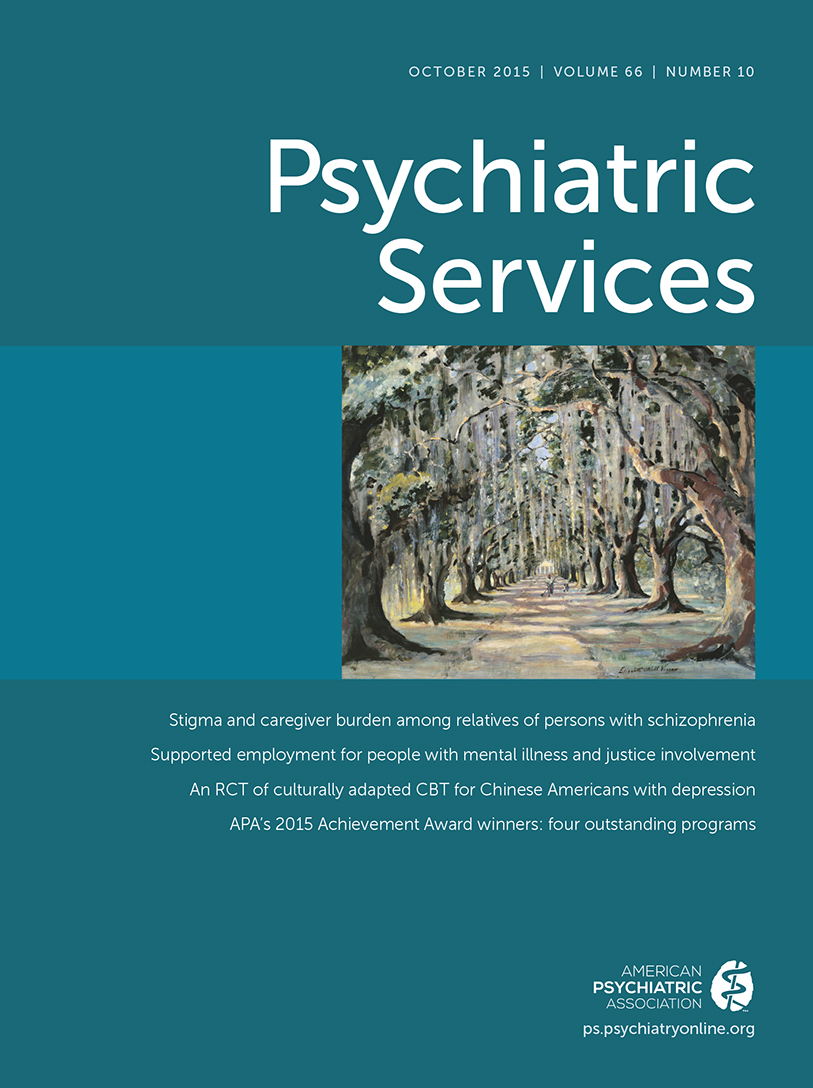Mental Health Care for Vulnerable People With Complex Needs in Low-Income Countries: Two Services in West Africa
Abstract
People with severe and enduring mental illnesses, such as schizophrenia, are among the most disabled, socially excluded, and underserved populations, especially in low- and middle-income countries. Some programs have been created to target this group. The current global development agenda emphasizes the need to provide care to vulnerable groups. This column compares two long-standing and successful programs for homeless people with mental illness in three West African countries—Nigeria, Côte d'Ivoire, and Bénin. The authors describe essential ingredients of these programs and their integration into existing systems, including funding and other resources, leadership models, and staff. The success of these programs provides support for initiatives to scale up services for people with severely disabling and complex needs, even as the focus is increasingly on cost-effectiveness of mental health integration into decentralized health services.



